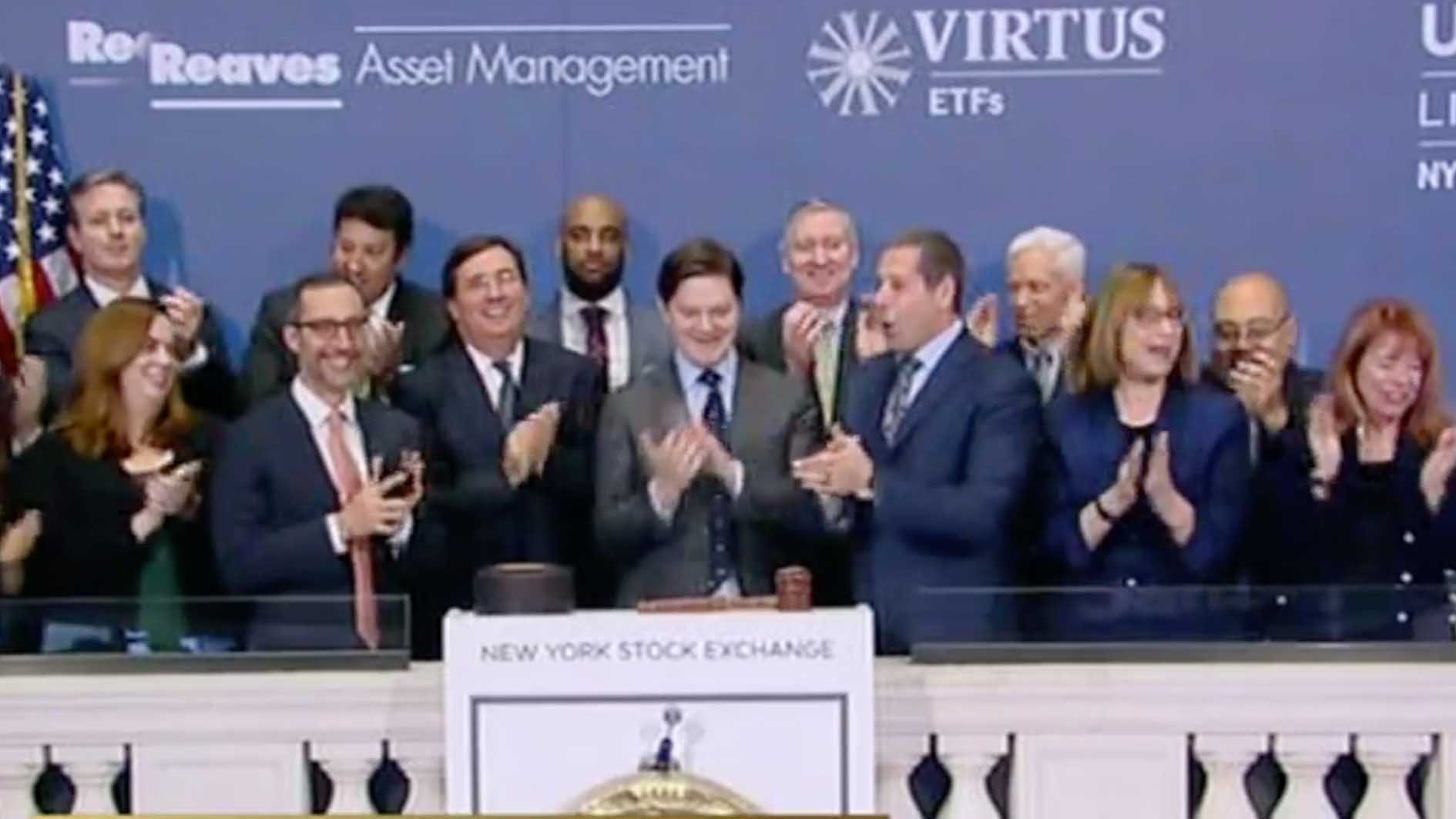02:00

Key world stock market indices climbed to new record highs on Wednesday on hopes a China-U.S. trade deal would reduce economic tension.
On Wall Street, both the Dow Jones Industrial Average and S&P 500 finished at all-time highs, while the Nasdaq ended barely positive.
Meanwhile, U.S. farmers seemed positive about the deal. The Illinois Farm Bureau called it a historic day as U.S. soybean exports to China have suffered huge losses due to the trade war.
But, soybean farmers in Brazil do not share such optimism. They worry the country is going to lose some of the soybean market it has gained during the trade war. Some local observers say Brazil may lose in the short-term, but the phase one deal is good for the international trade order overall.
European markets have shown caution in response to the agreement. In London, experts have said that anything that stabilizes the global market is welcomed, as the U.K. will seek new trading opportunities in its post-Brexit era.
Asian markets have shown some restraint, as Tokyo's Nikkei index opened marginally higher this morning, while Hong Kong Hang Seng saw a tiny drop at Wednesday's close.
"China and the United States are the two largest economies in the world. The signing of the first phase trade agreement is not only good for China and the United States, but also for the rest of the world. We hope that there will be agreements for the second and third phase which are based on the first one. Because China and the United States account for about 40 percent of the global economy, if the two countries reach a consensus, it will also have a positive impact on the rest of the world," said Borge Brende, president of World Economic Forum.
Others have said that a main benefit of the deal is that tension between the U.S. and China are unlikely to worsen in the coming months, allowing traders to focus on other aspects of the global economy.